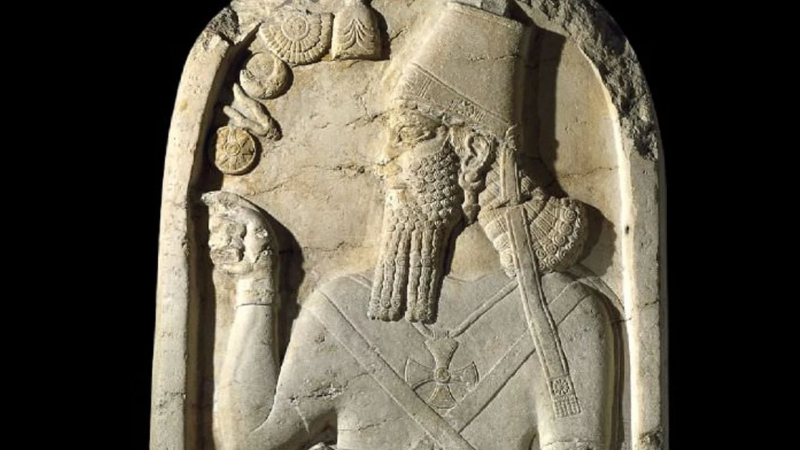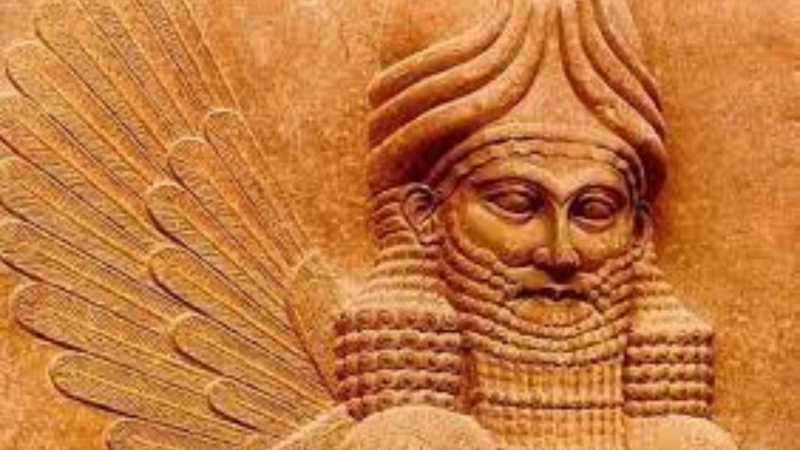Anu: The Sky God
The Mesopotamian god of the sky was called An, or "Anu" by the Akkadians. An was regarded as the highest god of their pantheon, the father of many other Mesopotamian deities and one of the most influential gods of Mesopotamia, much like the sky gods of other ancient mythology, such as Zeus. An was regarded as the supreme authority figure in Mesopotamian civilization and was also recognized as one of the three gods responsible for the universe's creation. He is the first deity listed in various Mesopotamian literature and was revered as the origin of both divine and human rule. However, he had a relatively passive role, and he wasn't frequently worshiped. While he is well attested as one of the temple's divine occupants, there is no evidence that the main deity of the temple ever changed, and Inanna was already associated with it in the earliest sources. An was revered throughout the Cradle of Civilization, although he was frequently referred to as Uruk's patron god due to a purported special connection to the Sumerian city.
The physical and social world of the Mesopotamians was sustained by An, the supreme deity and ultimate authority figure. An was thought to manage the laws that ruled the universe and to hold the entire universe inside himself. In line with this, An was regarded by the Mesopotamians as having the final say in all legal disputes and absolute authority over their system of government. Therefore, kings would defend their claim to An's favor in order to maintain their right to govern. Similar to Mesopotamian officials, they would claim that An endorsed their laws in order to justify their policies.
Legal texts like the Code of Hammurabi would compel adherence by claiming that people who disobeyed their laws would face An's wrath. An was somewhat removed from daily events in Mesopotamian civilization in comparison to other gods. He was unquestionably one of the most significant gods in their pantheon, though.








